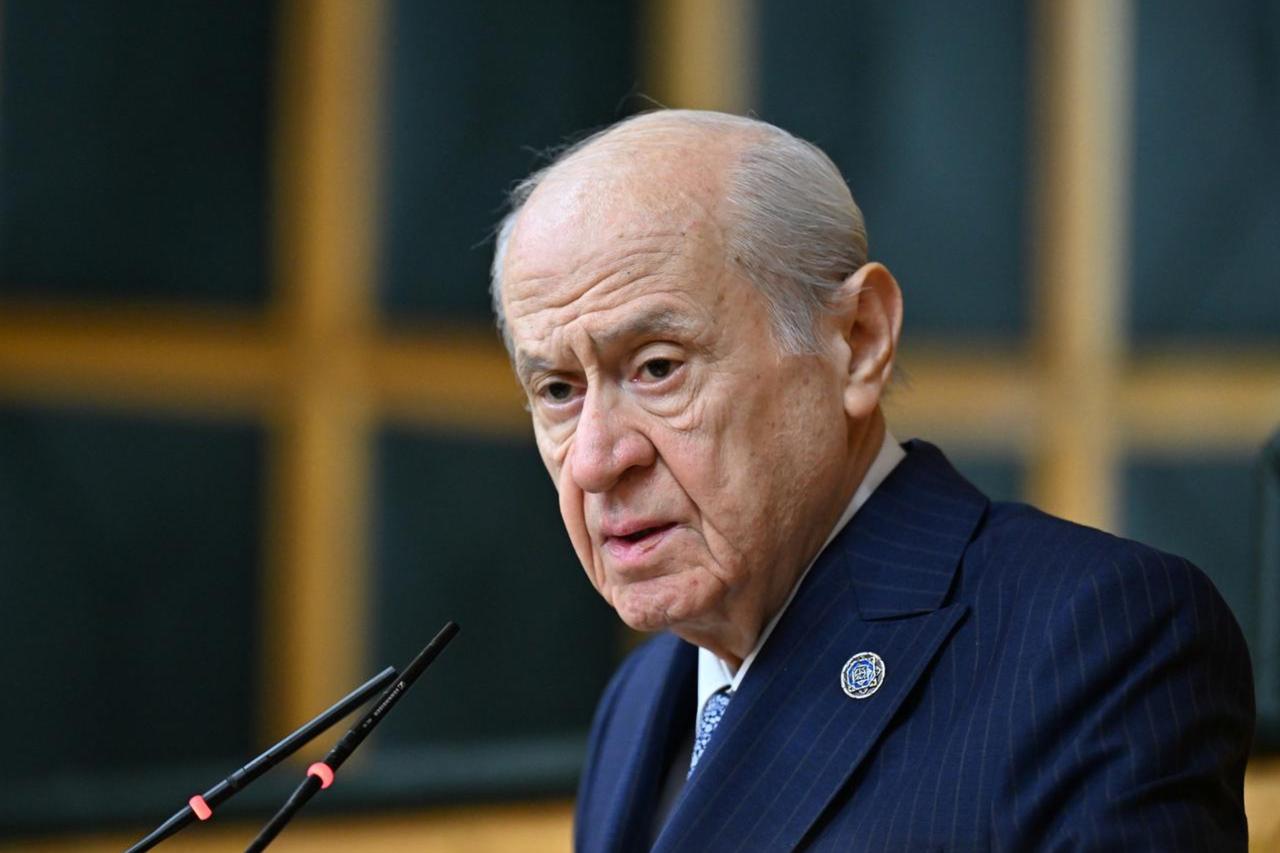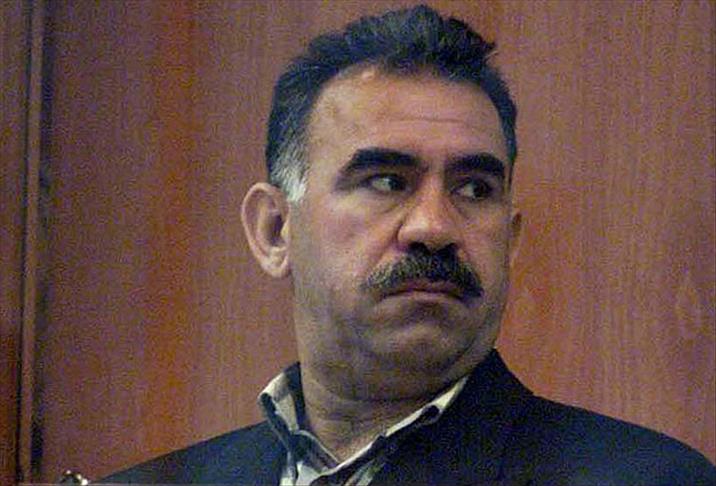
An intense political debate has erupted in Türkiye after journalist Ismail Saymaz claimed that Nationalist Movement Party (MHP) leader Devlet Bahceli suggested appointing two vice presidents—one Kurdish and one Alawite—during a private meeting with party lawmakers. Bahceli's proposal is said to be connected with Türkiye's terror-free Türkiye initiative launched by Bahceli in October 2024.
The alleged statement has triggered intense debate on identity politics, national unity, and fears of potential "Lebanonization" in Türkiye, as such a statement is found outside of the boundaries of Türkiye's nation-state system.
According to Saymaz, Bahceli emphasized the importance of national unity and suggested that Kurds and Alawites should not be excluded from positions of state leadership. To symbolize this, he allegedly proposed that the president could appoint two vice presidents: one Kurdish and one Alawite.
After Saymaz's report, Bahceli acknowledged that he voiced such an idea, and he said it is an open manipulation to connect his idea with a Lebanonization of Türkiye. Bahceli said his proposal is intended to increase the "brotherhood" in Turkish society as different segments of society would be represented under such a system.
MHP senior advisor Yildiray Cicek later clarified the party’s stance, stating that the core of Bahceli’s message was a “strong emphasis on national brotherhood.” He criticized those accusing Bahceli of promoting division, calling such interpretations politically dishonest and even defamatory.
Bahceli's statement led to an intense debate among experts across the spectrum in a country where any political proposal apart from a nation state would seem as an offense to Türkiye's unity.
Political scientist Berk Esen likened the idea to Lebanon’s failed sectarian power-sharing model. In Lebanon, top political offices are reserved for specific religious groups—a structure that has long contributed to instability and weak governance.
“Bahceli’s proposal reflects an approach based on ethnicity and sect,” Esen said. “If implemented, it could end party-based democratic competition and dismantle Türkiye’s century-old civic citizenship model.”

In a recent op-ed for Dunya daily, Professor Deniz Ulke Aribogan offered deeper historical and geopolitical context. She argued that political systems have long oscillated between unification and fragmentation—from empires to nation-states, from global governance to micro-nationalism.
She warned that while globalization as a phenomenon promotes cultural and economic convergence, globalization as an ideology weakens the authority of the state by empowering sub-identities such as ethnicity and sect.
Aribogan emphasized that the term “Lebanonization”—popularized by U.S. diplomat Jeane Kirkpatrick—refers to a process where state authority collapses, sectarian militias take over, and foreign powers intervene.
She insisted that Lebanonization does not occur naturally but is strategically built and sustained by geopolitical forces: “When collective traumas, myths, and external interference combine, neighbors become enemies. The result is long-term civil war and societal collapse.”
Addressing Bahceli’s alleged proposal, Aribogan expressed doubt over its authenticity but stressed that even discussing identity-based political appointments poses risks. Assigning offices based on ethnic or religious affiliation, she argued, would weaken Türkiye’s nation-state structure and promote fragmentation.
She noted that Türkiye’s constitution does not allow political appointments to be made based on ethnic or sectarian identity. For example, had opposition candidate Kemal Kilicdaroglu—who is both Kurdish and Alawite—won the last election, he would have become president without such categorizations ever being necessary.
According to Aribogan, national identity is the most unifying layer of personal and political identity. While ethnic and religious identities are valid and meaningful, prioritizing them in state design weakens civic belonging.
“When people feel more loyalty to their community leader or sect than to their country,” she wrote, “that marks the beginning of fragmentation. What Türkiye needs is a state that builds loyalty through justice and compassion.”